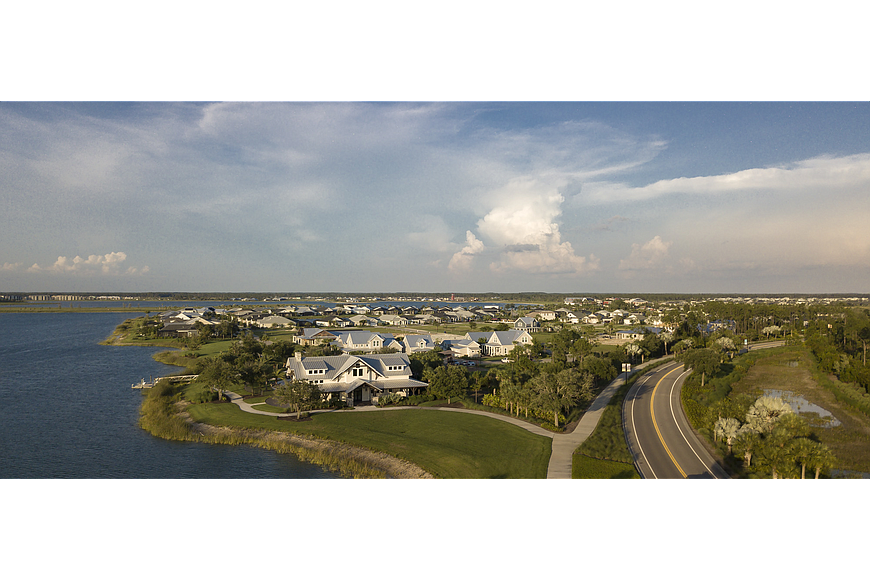- April 4, 2025
-
-
Loading

Loading

Homeowners in Tampa, North Port and Cape Coral might be in trouble.
A new study out from Redfin, the Seattle tech real estate brokerage, finds the three cities on Florida’s West Coast are among the localities in the country where housing prices will take the biggest hits if — or when — a recession hits.